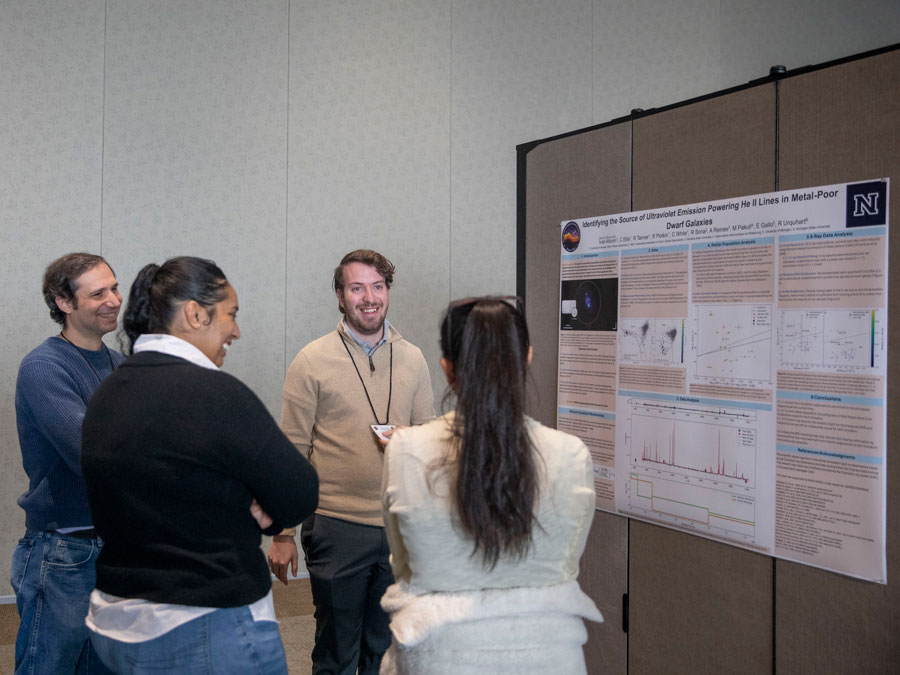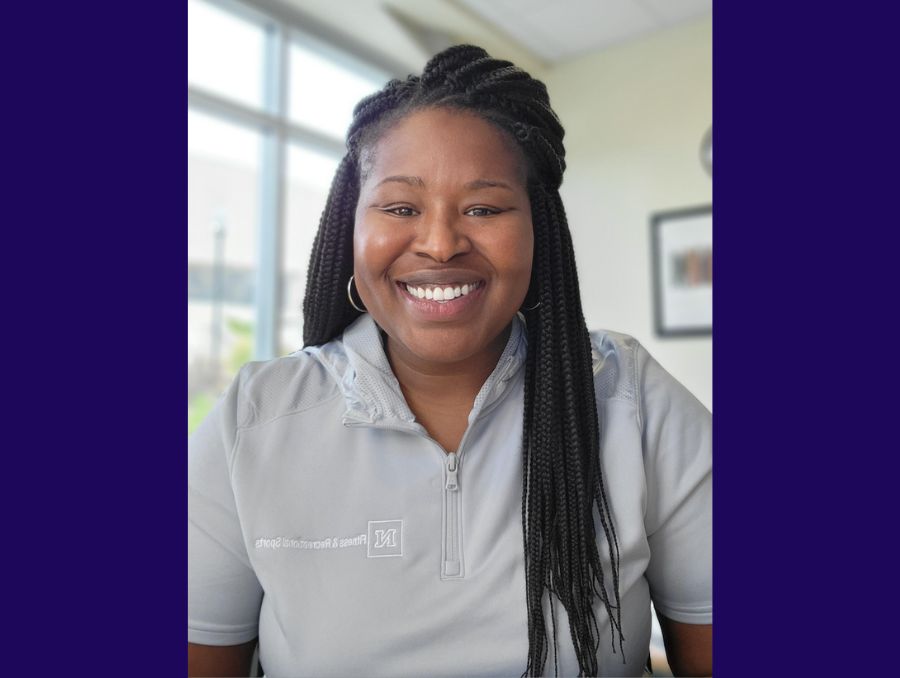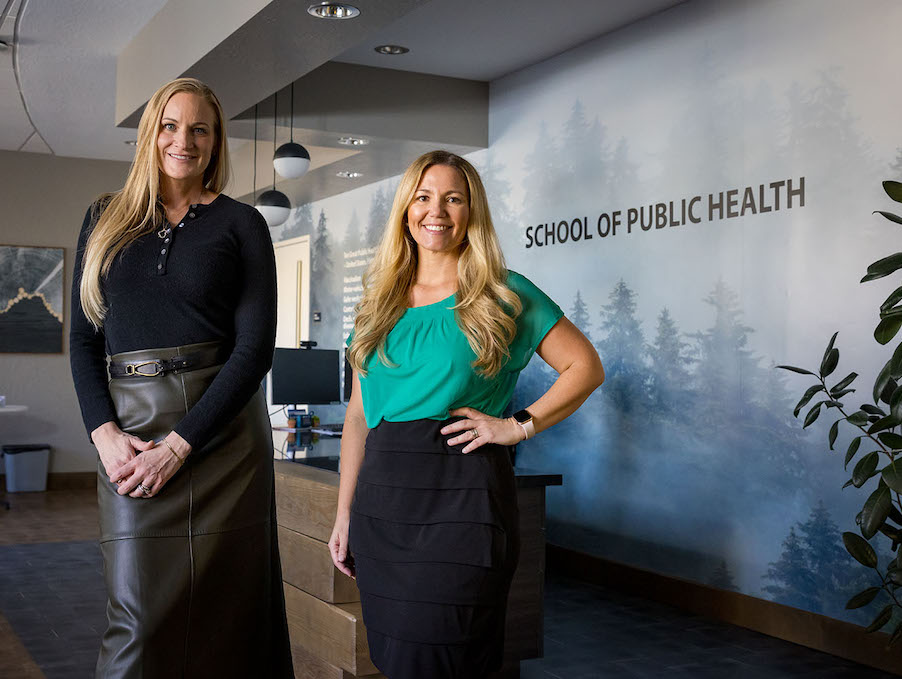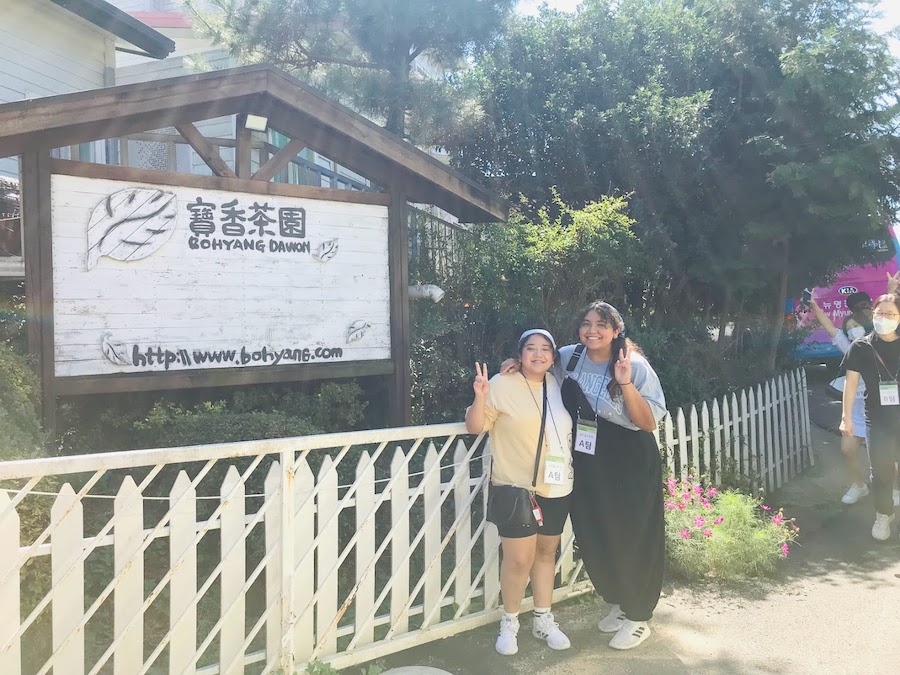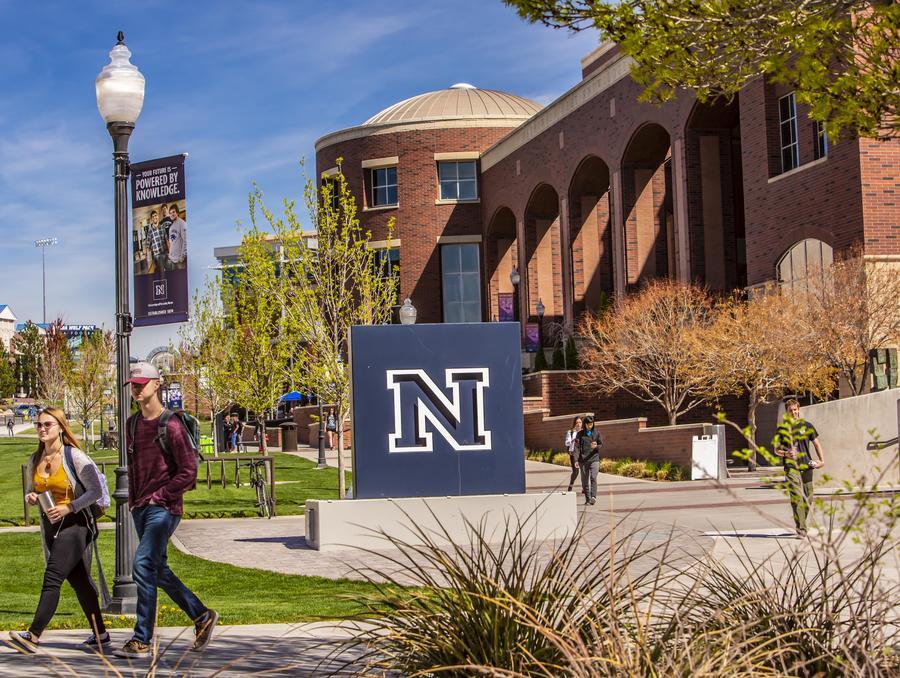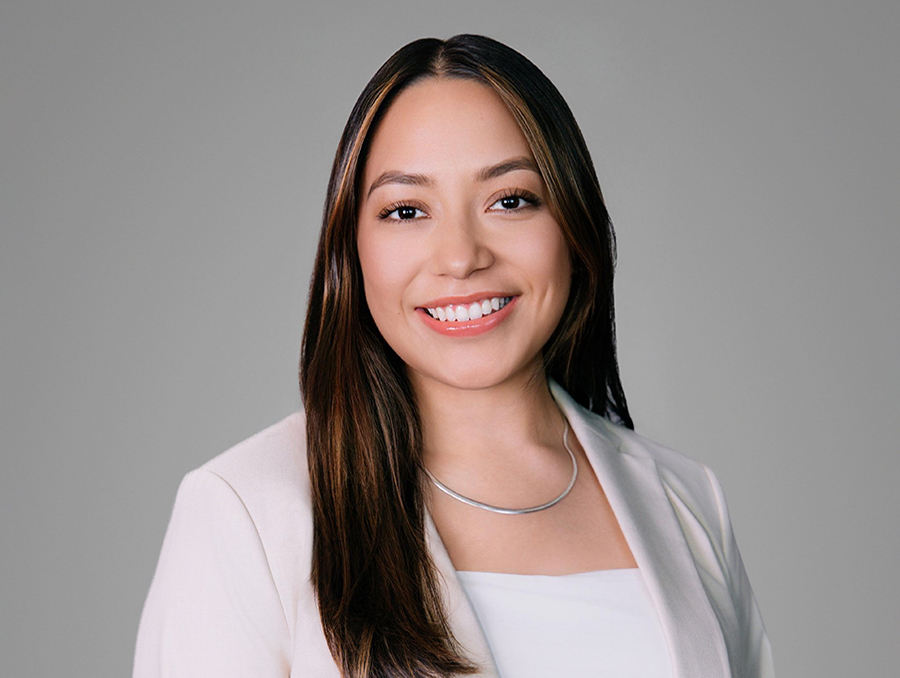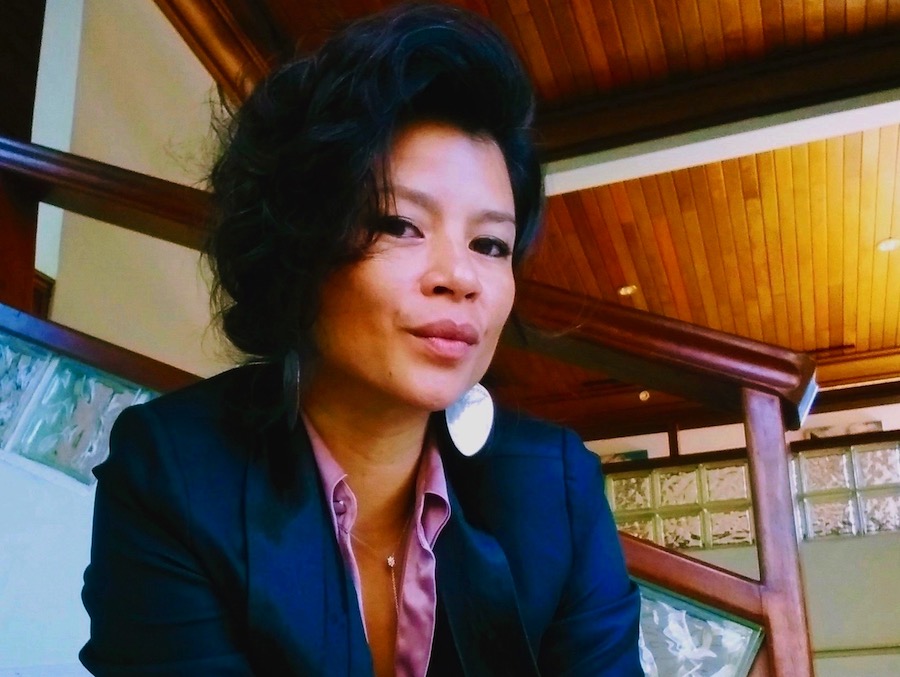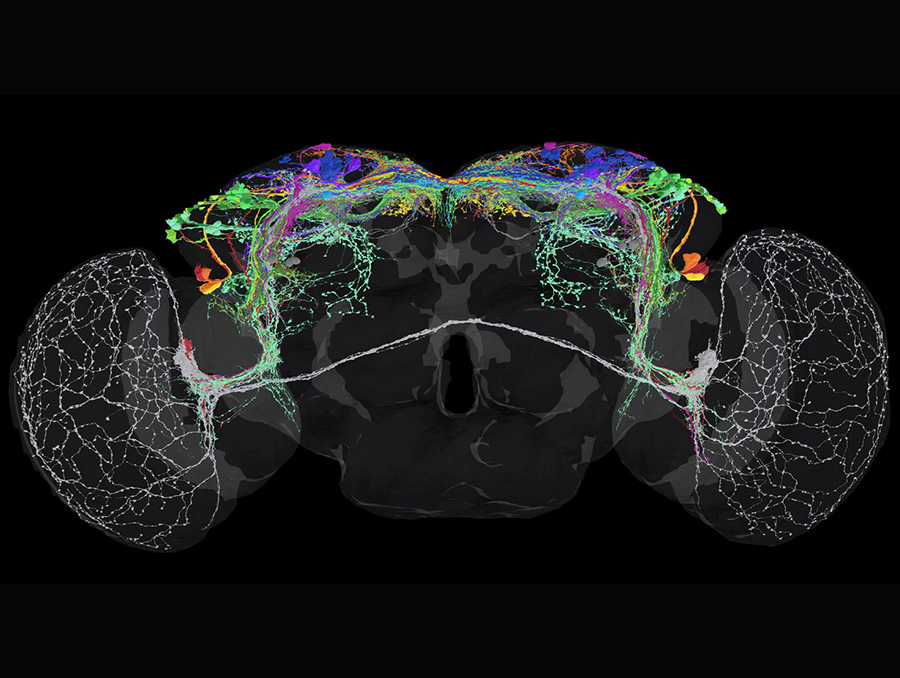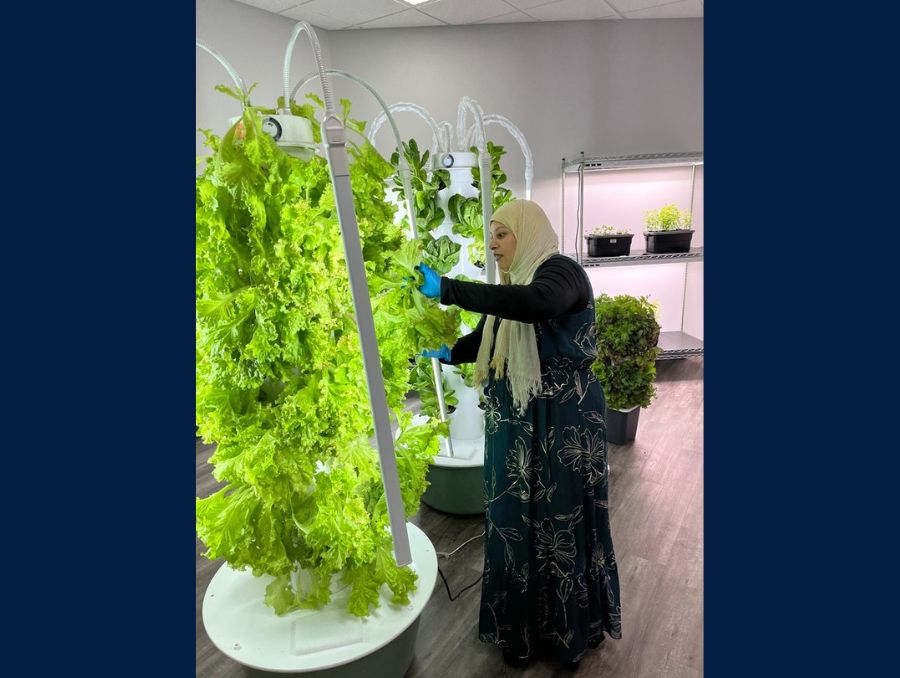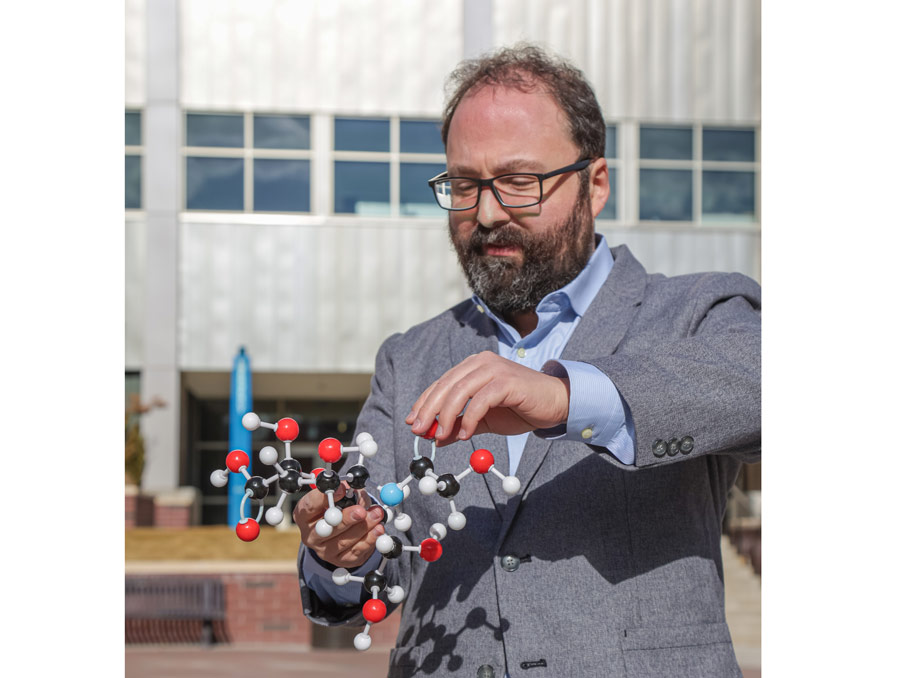The fourth graders worked at the computer screens for hours, fingers dancing over the keyboard and figures on the screen spinning, growing and changing colors. And, their parents were happy. The students weren't playing games; they were designing and building things like a whistle, buildings, hot air balloon, cars, DNA models, bracelets, airplanes and more, using a 3-D modeling and CAD design program.
The students are part of the NCLab summer camp for fourth through 12th graders at the University of Nevada, Reno. The summer camp has 140 participants total in three sessions, which includes the first session July 23-24, a session with 40 students at Minden Elementary School in the small town of Minden, Nev. and the final session at the University which ends Thursday, July. The camp is based on courses on the NCLab website, a graphical desktop that runs in a web browser providing fully supported self-paced online courses in computer programming and 3D modeling for students in the fourth grade and higher.
NCLab (Network Computing Lab) was created by Pavel Solin, associate professor of mathematics in the College of Science at the University of Nevada, Reno. While the web program was designed for advanced mathematics and statistics, he has also created an interface to bring the same principles to a younger audience, with outreach programs to schools, especially helpful to remote rural areas of Nevada where NCLab brings great STEM (Science, Technology, Engineering, and Math) technology over the web.
"Pavel's outreach activities continue to have a tremendous impact on the mathematical and computational training of middle school and high school students and, equally as important, on the training of teachers," Javier Rojo, chair of the mathematics and statistics department, said. "These activities also impact the mathematical/computational culture in the schools and, therefore, we all benefit from his efforts."
At the summer camp, the students were greeted with rows of computers on big desks and enthusiastic helpers who helped them log in, get started and navigate the website. Most of the students are 10 to 12 years old, and the youngest is six. More than half of the students are new to NCLab, and others started the program during the previous school year in their classrooms. ,
Solin developed the K-12 outreach program to help students begin to learn mathematics, logic, geometry, critical thinking and problem solving skills. He has brought the free program to elementary, middle and high school classrooms in more than 60 schools around northern Nevada, including in Reno, Stead, Sparks, Carson City, Minden, Gardnerville, Silver Springs, Hawthorne, Schurz, Ely, Elko and Winnemucca. His mission is to provide easy access to STEM computing.
In addition to creating 3D drawings in the summer camp, the students use the Karel the Robot course, a self-paced, beginning visual programming course that has students quickly completing programming tasks and objectives. Some students had the added bonus of having the creator of the Karel programming language, Stanford University Professor Richard Pattis, helping teach the camp at the first session July 24.
"It was an honor to have Richard here, who created the language, which has been used to introduce computer programming to millions of kids worldwide since he created it in 1981," Solin said. "The students were excited to know he invented the program they were using."
"Professor Solin's summer camp and K-12 outreach efforts connect cutting-edge programming and computational resources to our local students through a fun an intuitive interface," Jeff Thompson, dean of the College of Science, said. "Students get to see how they can explore in a virtual world and connect their knowledge to everyday life. They learn relevant computational skills while having fun and getting to be creative."
Solin created NCLab several years ago as a resource for researchers and students to access mathematics software programs without having to spend a lot of money on computers and software. There are about 25,000 users on NCLab.
"I always tell my students about this free resource." Solin said.
